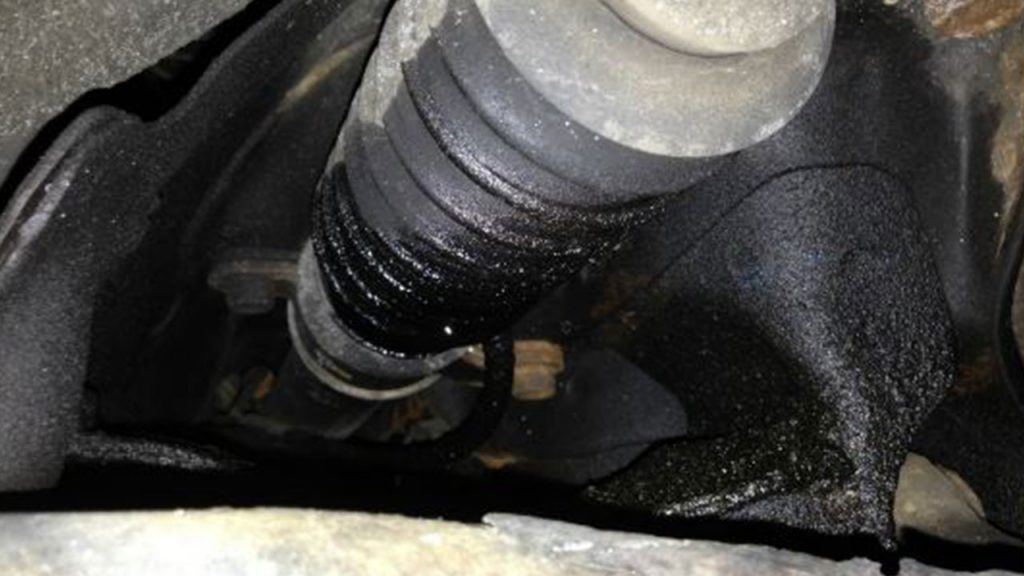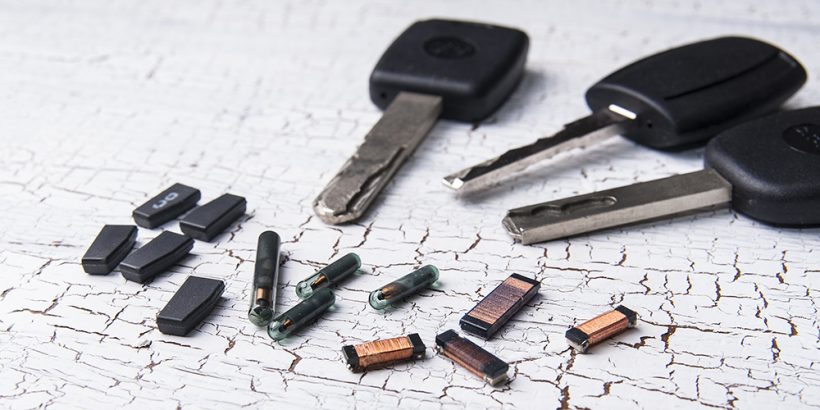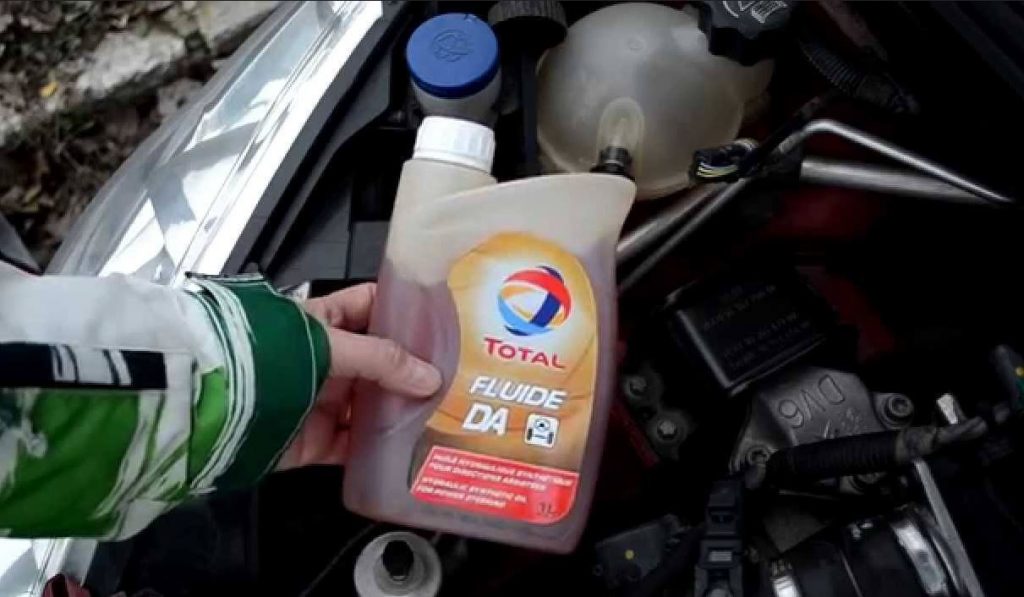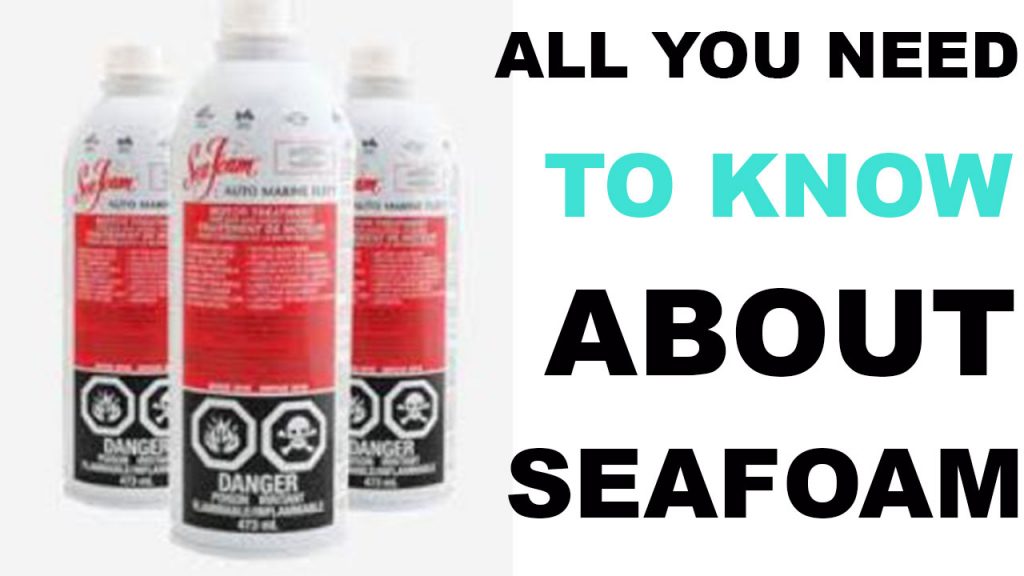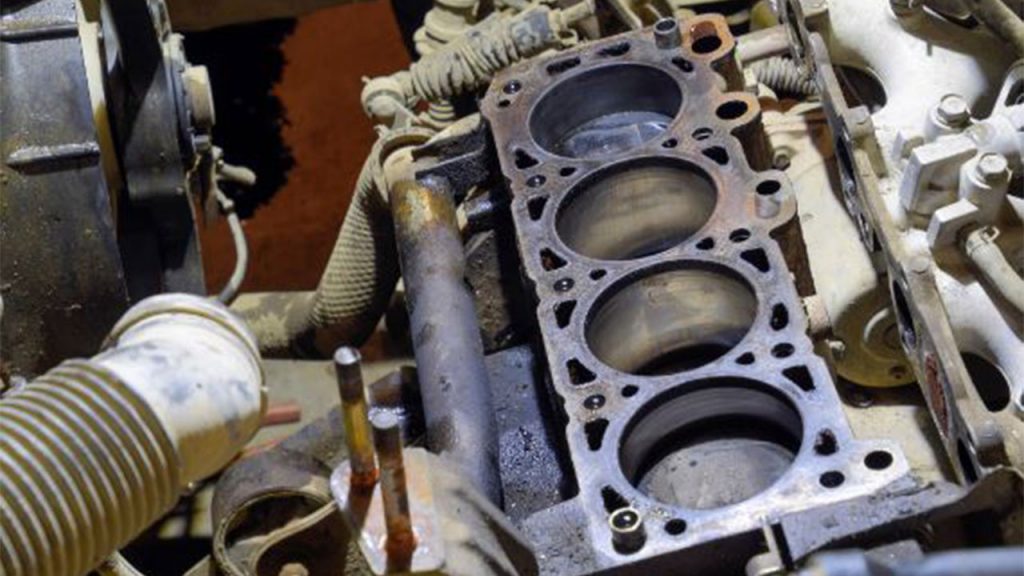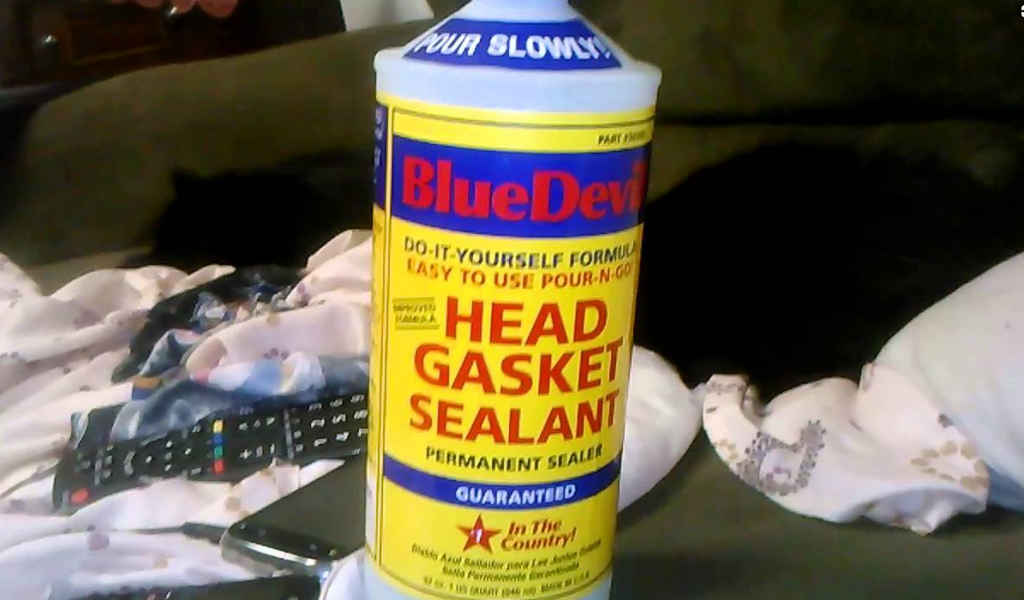Last updated on August 1st, 2023 at 07:33 am
No one wants to witness white smoke coming from the exhaust of his or her car. It can be scary, especially when it doesn’t clear up in minutes. You have to understand that not all emission of white smoke is a major sign of trouble.
There are reasons why your exhaust is blowing white smoke, and ways to fix them. To find out how to read on till the end. I will also be explaining why white smoke comes out of your exhaust after oil change and the common causes of BMW white smoke from the exhaust.
Why is My Car Blowing White Smoke But Not Overheating
Your car doesn’t necessarily need to overheat to blow white smoke. There are several reasons why your car can blow white smoke. One of the most common reasons is that either water, coolant, or oil has gotten into the combustion chamber. This is caused by leakage. If your car blows white smoke without overheating, it is a sign that there is something wrong with one or more components of your engine, a part is possibly faulty and needs immediate repair or replacement to avoid further damages.
Can Too Much Oil Cause White Smoke from Exhaust
Yes! Too much oil causes white smoke to emit from the exhaust. The problem here is however not the oil but it getting into the combustion chamber. When there is too much oil, it is likely to overflow through the piston rings and valve seals into the cylinder and then into the combustion chamber where it is mixed with the fuel and air and then burnt producing the white smoke.
Related Article:
- Can a Bad Alternator Cause Low Oil Pressure
- Why Will Oil Light Come On And Off But Oil Is Full
Why is White Smoke Coming Out of My Exhaust After Oil Change
White smoke coming out of your exhaust after oil change can be caused by three things;
- Too much oil has been put into the car, the oil has overfilled and bypassed the piston rings and valve seals. When this happens, the excess oil flows into the cylinder and is burnt in the combustion chamber.
- The new oil is synthetic not mineral oil. Synthetic oil has a way of cleaning soot and varnish that have long clogged the tank, valve, and cylinder, and hinder the oil from overflowing. This cleaning can cause excess oil to find its way into the combustion chamber.
- The new oil used is not in accordance with the original recommended manufacturer’s specification. This can allow the oil to bypass the piston rings or valve seals onto the combustion chamber to be burnt.
Common Causes of BMW White Smoke from Exhaust
White smoke from the exhaust of your BMW is not normal and is a way of telling you that there is something wrong with the car. It can be caused by several things but they are all internal problems. Below are eight common causes of white smoke from the exhaust of a BMW.
1. Accumulated Condensation
If you start your car in the morning and it starts emitting white smoke from the exhaust, it’s probably due to accumulated condensation. When condensation is accumulated and burns off, it releases white smoke of little quantity. However, this doesn’t happen for long and the smoke clears off in no time. It is not a major problem as it gets to fix itself.
2. Damaged Cylinder Head
A crack or damage to your cylinder head can cause the coolant to leak. When the coolant leaks and mixes with the engine oil, there is bound to be white smoke. The smoke usually has this sweet odor that you can use in identifying it.
3. Faulty Fuel Injector
The fuel injector is a nozzle that allows or restricts the flow of fuel. If your fuel injector gets damaged, it would affect the flow of fuel into the combustion chamber. A faulty fuel injector will surely lead to white smoke from the exhaust when fuel is not released into the combustion chamber at the right time.
4. Oil Leakage
When oil leaks and mixes with the fuel, there’s going to be evidence of white smoke. Damaged valve seals or piston rings can cause oil to leak into the combustion chamber where it gets mixed up with the fuel. The combustion chamber is only meant to house air and fuel and so whatever oil that makes it in there will be counted as a foreign body.
5. Damaged Coolant Reservoir Tank
This is rare but when a coolant reservoir tank is cracked or damaged, it causes the coolant to leak. This leakage is burnt in the cylinder, causing the car to emit white smoke. It doesn’t have to be a big damage, a little creak is enough to cause it. However, coolant tanks don’t just leak unless someone has tampered with them while working on another part of the engine and damaged them.
6. Damaged Engine Block
Another cause of white smoke from the exhaust is a damaged or cracked engine block. Cracked engine blocks are aftereffects of unresolved damage in the engine. This is hard to detect and will require that you visit an auto repair shop.
7. Faulty Engine Control Unit
This is a problem that affects the timing of the fuel injector. Don’t worry, your fuel injector isn’t bad, it’s just the engine that needs to be reprogrammed or fixed.
8. Cracked Head Gasket
The head gasket is meant to seal the cylinder head to the engine block. It is a thin metal sheet found between them that prevents coolant from getting into the cylinder. If a head gasket gets cracked it is because of wear and tear. When this happens coolant gets into the cylinder and burns and thereafter comes out as white smoke.
How Do I Fix White Smoke from Exhaust
There is no general solution to white smoke coming out from the exhaust. However, to fix white smoke you have to find out which one of the eight above-mentioned causes is the problem and fix it accordingly. Read on to find out different ways to fix the different causes.
1. Fixing Accumulated Condensation
This is the only problem that gets fixed on its own. All it requires from you is patience. Once the smoke is out, it will disappear in no time
2. Fixing Damaged Cylinder Head
The best way to fix a damaged cylinder head is to replace it. No matter what the cylinder head of your is made of, it can get damaged when the car overheats. To avoid getting a cracked cylinder head, regularly check your car to avoid overheating.
3. Fixing Faulty Fuel Injector
Fixing a faulty fuel injector requires that you either change it or that you clean it. When changing the fuel injector ensure that you replace all the injectors to help the engine run smoothly. You only clean the injector if it is clogged. There are easy ways to change or clean the fuel injector if you decide to do it yourself.
What damages the fuel injector are contaminants that have accumulated over time. In other to avoid this, only get your fuel from trusted stations and routinely replace the fuel filter.
4. How to Fix Oil Leakage
This would require that you change the piston rings and valve seals. Piston rings are however more expensive than valve seals. Replacing them would have you dismantling the engine, so you should let a mechanic do it.
5. How to Fix a Damaged Coolant Reservoir Tank
Although this is rare, if a coolant reservoir tank gets damaged it needs to be replaced.
6. How to Fix a Damaged Engine Block
Leaving a damaged engine block is not an option. Doing so will only damage more things. If you can’t replace it, you can either re-weld it, patch it with cold-metal, or stitch it cold-metal. Whatever method you choose, except you are experienced, it will involve the service of an expert.
7. How to Fix a Faulty Engine Control Unit
A faulty engine control unit can be fixed by simply unplugging the car’s battery for a few minutes to allow it to reset and fix the problem. If this doesn’t fix it, then you would require the help of a mechanic.
8. How to Fix a Cracked Head Gasket
A creaked head gasket is to be replaced because it cannot be repaired.
- Can a Car Run With a Bad Alternator
- Meaning & Causes of Honda Accord Low Oil Pressure Indicator Light

Hi dear, my name is Jeffery Ekweghi, and I am a certified mechanic and autobody parts technician. I created this site to share my expertise and experience with car lovers looking to resolve their car-related issues. I am certified in private cars and heavy-duty commercial vehicles. I have worked as a mechanic since 2015 and have experience in vehicle brands like Subaru, Jeep, Toyota, TATA, BMW, Mazda, Honda, Nissan, Kia, TVs, and Others; however, I primarily specialize in Toyota vehicles.




